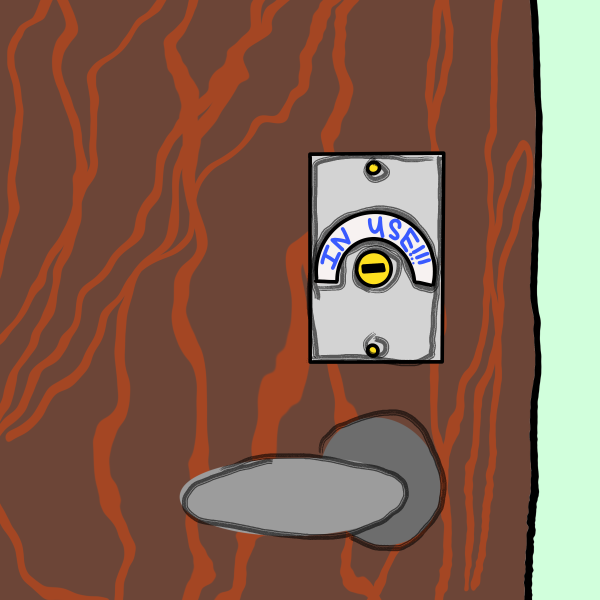The political minority on campus
While students at Hamline raise their voices, others are underrepresented in their views.
March 5, 2017
You can’t be my friend if you don’t like Bernie Sanders,” was a real statement I heard during the first semester of my first year. Being a student previously sheltered from any cultural diversity, I was shocked. My upbringing was in a mostly white, Christian community located in southeast Minnesota. I knew I would experience a change just from the differences of living in a small-town to a large city. However, I didn’t realize the amount of diverse views I would encounter at Hamline. These were apparent even upon my initial arrival to campus. During my first few days here, before classes had even begun, I was overwhelmed by the amount of differences.
While I welcomed the new influx of differing opinions, being from a Republican family I was unprepared for the political climate at Hamline. You cannot deny that Hamline is a mostly liberal university. Senior Billy Grant, a Republican on campus, doesn’t believe this fact is exclusive to Hamline only.
“I think when you look at college campuses across America, the majority of students tend to be liberal,” Grant observed.
According to an article from fivethirtyeight.com about a 2015 UCLA survey of college first-years, “roughly one-third of first-year students view themselves as ‘liberal’ or ‘far left,’ and about a fifth identify as ‘conservative’ or ‘far right.’ That percentage of freshmen identifying as liberal or far left is the highest since 1973, when 36 percent responded that way.”
This does not come as a surprise to me. For those of us who do identify with the Republican party, or even just a few Republican ideals, this means we can feel uncomfortable when sharing our views on campus.
This discomfort can be even more validated by the actions of professors. In many classes, I have witnessed professors making comments opposed to some traditional and conservative Republican ideals, and the majority of students seem to be in concurrence. It can appear obvious that professors are expectant that they will more than likely have the class’ support. In one of my classes, we were talking about the effectiveness of a controversial Super Bowl commercial that had to do with immigration. My peers in the class were discussing illegal immigration. Someone mentioned that people can’t be considered “illegal.” I remember disagreeing with this because even though I agree people aren’t “illegal,” their actions were as many have entered the country unlawfully, and that issue should not be ignored. To me, this was a situation where I was uncomfortable speaking up and sharing my more Republican opinions.
Grant has noticed that when someone knows in advance that peers and professors will agree with them, the courage to verbalize those topics comes much easier.
As a Republican, I’ve felt shut down in class and have not wanted to share my opinion because I knew I would face a room full of dissenting opinions. For me, the anxiety and fear I harbor over being attacked for my views have prevented me from even participating in a conversation about politics with someone of opposing views. Hate for an idea is sometimes unfairly transferred onto the person representing that idea.
Luckily, not all Republicans are as shy as me. When asked if Grant, who identifies as a Republican, thought it was difficult for him to have a conversation with a Hamline student of the opposite party, his response surprised me.
“A number of my other friends on campus identify as liberal, and we have always had very cordial conversations about politics. I think it’s important in the current political climate to remember that we are all Americans, and we all want to work towards a better future,” Grant explained.
However, I also believe it’s important for Republicans to speak up. I encourage any of you, whether Republican or Democratic, to get involved in and be the voice for our political future. On-campus political organizations allow like-minded people to converse over the reasoning behind their beliefs and gain confidence in expressing those beliefs. By first discussing your beliefs with your own party, you will hopefully gain the knowledge and courage to be able to advocate for change and resolution.
It is important for all of us to be able to express our views, but especially for those who are typically underrepresented on college campuses. As Grant said, “[B]eing in the [political] minority has always made me feel more obligated to share my views and to be able to articulate the Republican message in a way that will help my classmates better understand what we as Republicans stand for.”
For more information on the fivethirtyeight article, visit: https://fivethirtyeight.com/features/college-freshmen-are-more-politically-engaged-than-they-have-been-in-decades/





